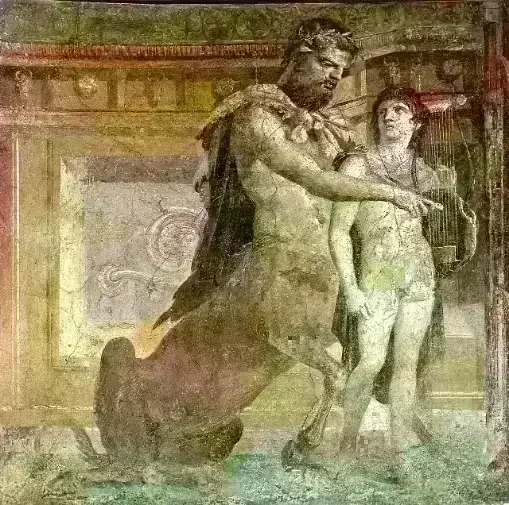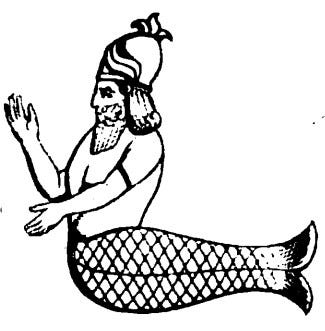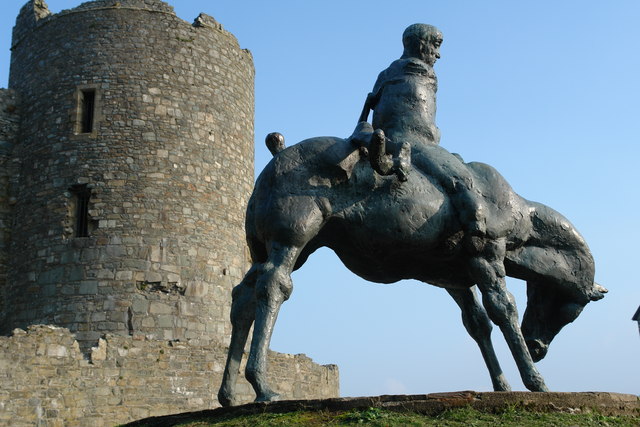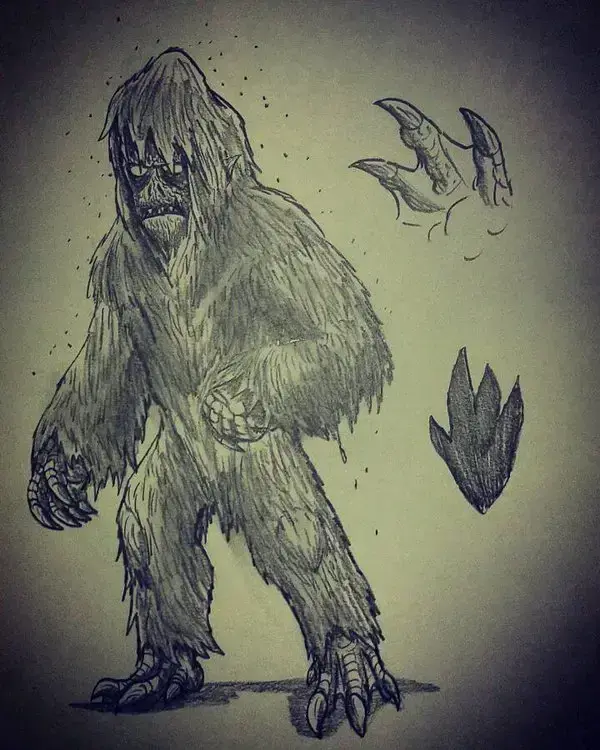Chiron

Chiron (pronounced "KY-rən," also spelled Cheiron or Kheiron; Ancient Greek: Χείρων, meaning "hand") stands apart in Greek mythology as the most exceptional of all centaurs, renowned for being the "wisest and justest" among them. Unlike his wild centaur brethren, Chiron possessed remarkable intellect, civility, and kindness. This distinction stemmed from his unique parentage—born to the Titan Cronus and the Oceanid Philyra, he was not directly related to other centaurs.
He may have been brother to Dolops and Aphrus (the ancestor and namesake of the Aphroi, or native Africans). Chiron's foster father Apollo bestowed upon him vast knowledge in medicine, herbalism, music, archery, hunting, gymnastics, and prophecy—elevating him above the beastly nature typical of centaurs. While most centaurs were infamous for their wild behavior, drunkenness, and uncultured ways, Chiron embodied refinement and wisdom.
His expertise in medicine led to his recognition as the discoverer of botany and pharmacy. Making his home primarily on Mount Pelion, Chiron married the nymph Chariclo, who bore him three daughters—Hippe (also called Melanippe, "black mare," or Euippe, "good mare"), Endeïs, and Ocyrhoe—and one son, Carystus. Alternative accounts name his wife as Nais and mention Aristaeus as his son.
Though eventually expelled from his home by the Lapithae, as were other centaurs, the Magnesians continued to offer sacrifices to him for generations. His descendants, the Cheironidae family, became distinguished for their medical knowledge and practiced in the region.


